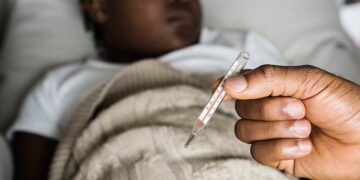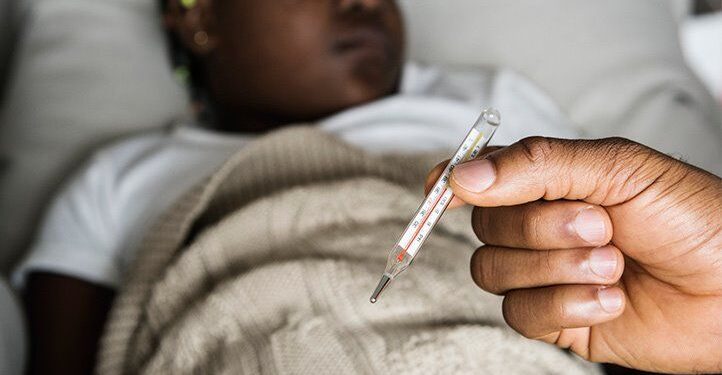By Ebi Kesiena
The Ghana Health Service (GHS) has raised an alarm following the confirmation of nine Dengue Fever cases in the Eastern Region.
This alert was issued after unusual clinical malaria cases which did not respond to antimalarial treatments, prompted further investigation.
Director-General of the GHS, Dr. Patrick Kuma-Aboagye, instructed all Regional Directors of Health Services and Chief Executives of Teaching Hospitals to inform health workers in their regions and facilities, including mission and private establishments.
According to Aboagye, the aim is to enhance surveillance and ensure all suspected malaria cases undergo laboratory confirmation.
The Dengue Fever cases were confirmed at the Noguchi Memorial Institute for Medical Research (NMIMR) after samples were collected from patients exhibiting acute febrile illnesses. Following these confirmations, a team of entomologists and epidemiologists has joined the regional team to conduct a detailed outbreak investigation.
Also, Health workers have been advised to be vigilant and adhere to the surveillance case definitions for Dengue Fever.
A suspected case is defined as any person with an acute febrile illness lasting 2-7 days, accompanied by two or more of the following symptoms: headache, retro-orbital pain, myalgia, arthralgia, rash, haemorrhagic manifestations, or leukopenia.
Furthermore, the GHS has also called for immediate public awareness campaigns on Dengue Fever as it urged the public to remain vigilant and adhere to these preventive measures to curb the spread of Dengue Fever.
‘’Key preventive measures include, Using mosquito nets and wearing appropriate clothing to avoid mosquito bites, Eliminating mosquito breeding sites by removing standing water where mosquitoes can lay eggs, Proper waste management around homes to reduce potential mosquito breeding grounds,’’ the statement reads.




































